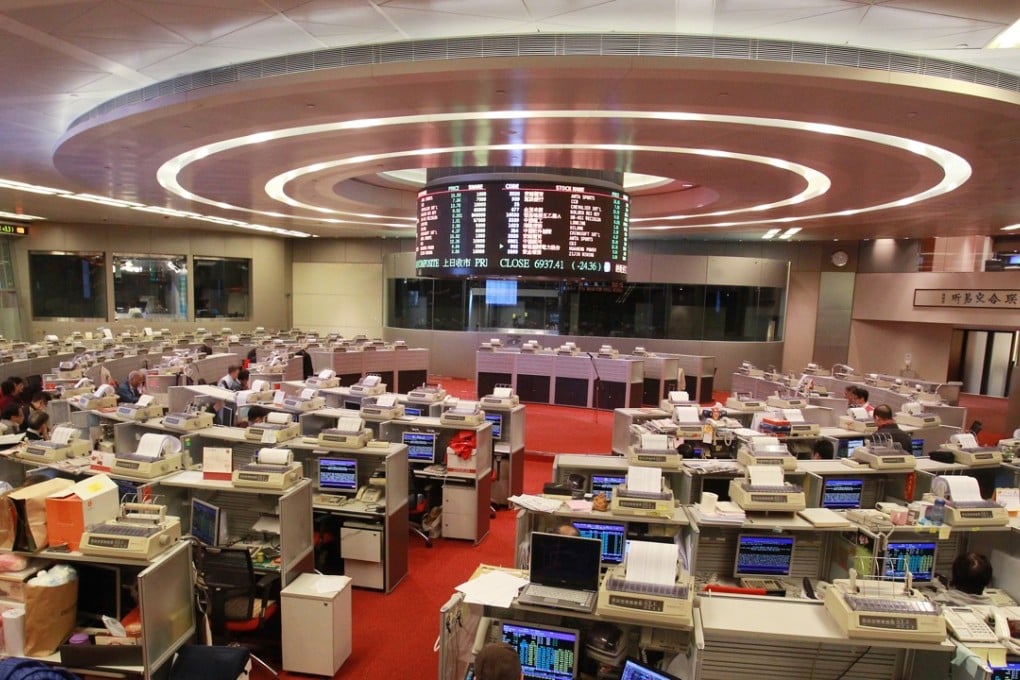Hong Kong to be staging point for plan to draw 100 billion yuan of capital into China’s bond market
International investors own less than 2 per cent of bonds in China’s US$9.3 trillion market, a tiny fraction compared with the average 20 per cent to 30 per cent in other emerging markets

China’s government will allow foreign investors to trade in the country’s US$9.3 trillion bond market, a vital step in helping to internationalise the yuan and help deepen the capital market.
News of the Bond Connect’s official launch came on the eve of festivities to mark the 20th anniversary of Hong Kong’s return to Chinese rule.
China wants to attract foreign capital, which currently holds less than 2 per cent of Chinese bonds, a tiny fraction compared to global averages where international capital own between 20 per cent to 30 per cent of emerging market bonds.
“We expect strong uptake of the Bond Connect programme, and an increase in foreign demand for China onshore bonds,” which may draw in as much as 100 billion yuan (US$14.75 billion) of capital inflows in the second half of 2017, said Standard Chartered Bank’s head of China macro strategy Becky Liu.

All this capital will be routed through Hong Kong, further cementing the city’s role as an integral part of China’s effort to integrate its financial system with global financial markets.